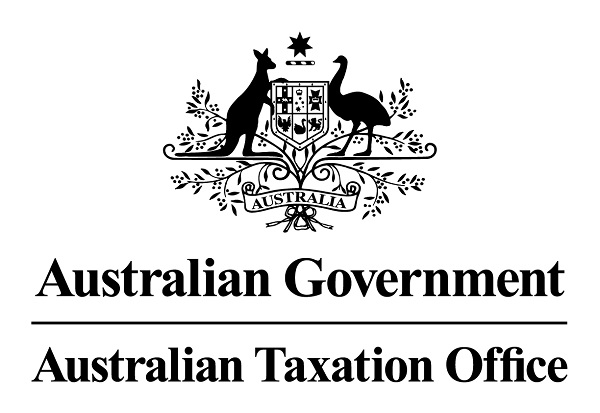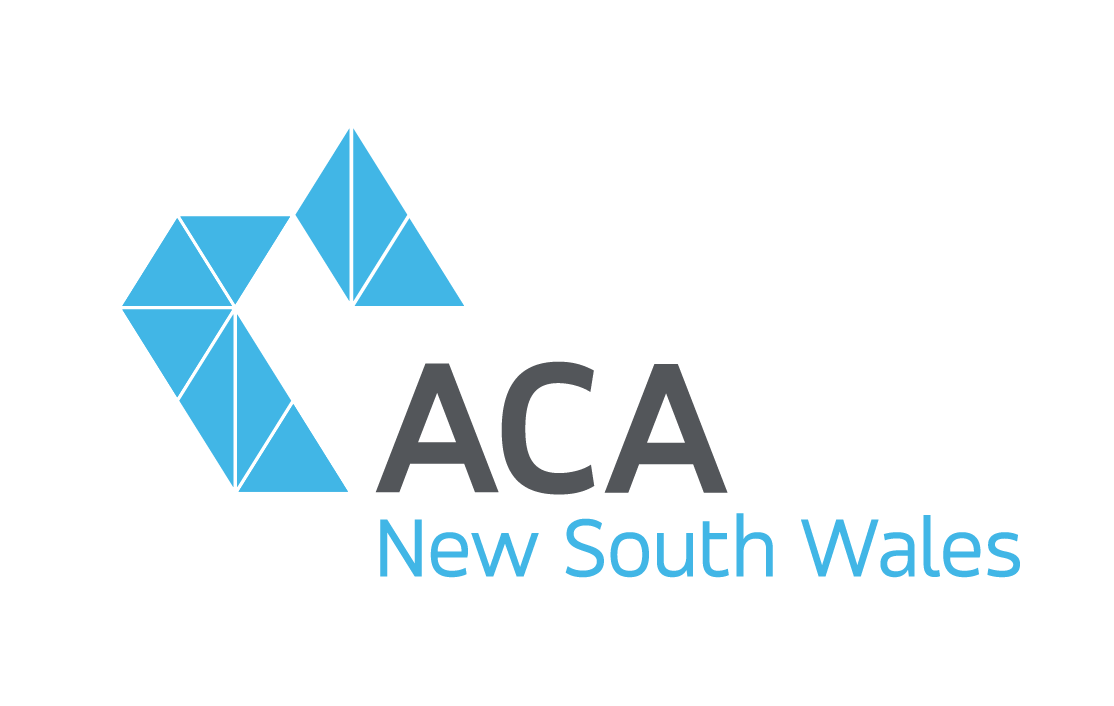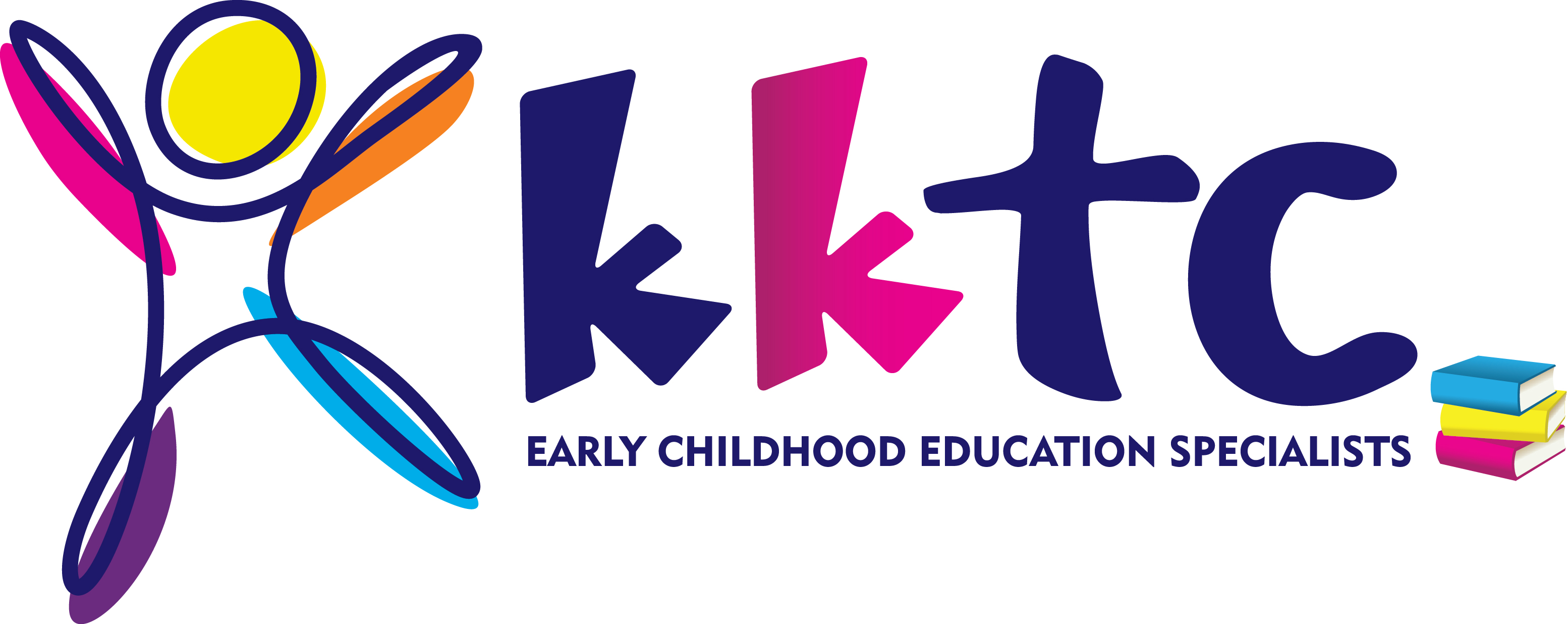The Nurture Nook (Spring 2019): The Australian Taxation Office (ATO) has recently issued some updated guidance for employers in relation to the calculation of superannuation contributions.
The guidance concerns annual leave loading payments and whether or not they form part of an employee’s ordinary time earnings (OTE). Until recently, it had been widely believed that they did not.

Many employers have therefore calculated their superannuation contributions for employees on the basis that annual leave loading was excluded from the definition of ‘ordinary time earnings’.
The ATO has now issued updated guidance, clarifying that annual leave loading will be classified as ordinary time earnings (OTE), unless an employer can provide evidence to show that the entitlement to annual leave loading is referable to an employee’s lost opportunity to work overtime while on annual leave. (Please note that ACA's legal advisors have advised us that this is highly unlikely given that all staff paid under an award receive their annual leave loading due to the requirements of that award.)
As superannuation payments are calculated using your employees’ OTE, of which annual leave loading is now considered to be a part of, this means that employers need to pay superannuation on annual leave loading.
To put it simply, if you’re not paying superannuation on annual leave loading, you really need to start doing it.
The ATO has confirmed that, where an employer pays superannuation on future annual leave loading payments (on the basis that they are OTE), they will not dedicate resources to investigating previous quarters.
We therefore strongly advise our members to start paying superannuation on annual leave loading for all staff employed under an award from now on.
Contact your payroll software provider to ensure that they are including annual leave loading in their superannuation calculations.
If you require further information about your employer obligations to pay superannuation, you can visit the ATO website.
You may also wish to undertake the ATO’s super guarantee employer obligations online course, which is designed to help employers understand their obligations to pay super for eligible employees. The course is free and takes around 2 hours to complete.
Fair Work Changes Wage Payments on Terminations
The Fair Work Commission recently varied the payment of wages provisions in the Children’s Services Award 2010 regarding payment of wages on termination.
When an employee’s employment is terminated the employer must pay:
- All outstanding wages up until the end of the day of termination; and
- Any payments owing under the award or National Employment Standards (e.g. notice of termination, redundancy pay etc.) no later than 7 days after the day on which the employee’s employment terminates.
This requirement applies whether the employment was terminated by the employer or by the employee (i.e. resignation).
Prior to the change, employers were required to pay out an employee’s termination pay at the time of leaving, or in certain circumstances, the next working day.
The change brings the award into line with the provisions of the Educational Services (Teachers) Award 2010 which was updated in a similar manner in November 2018.
PUBLISHED: NOVEMBER 2019







